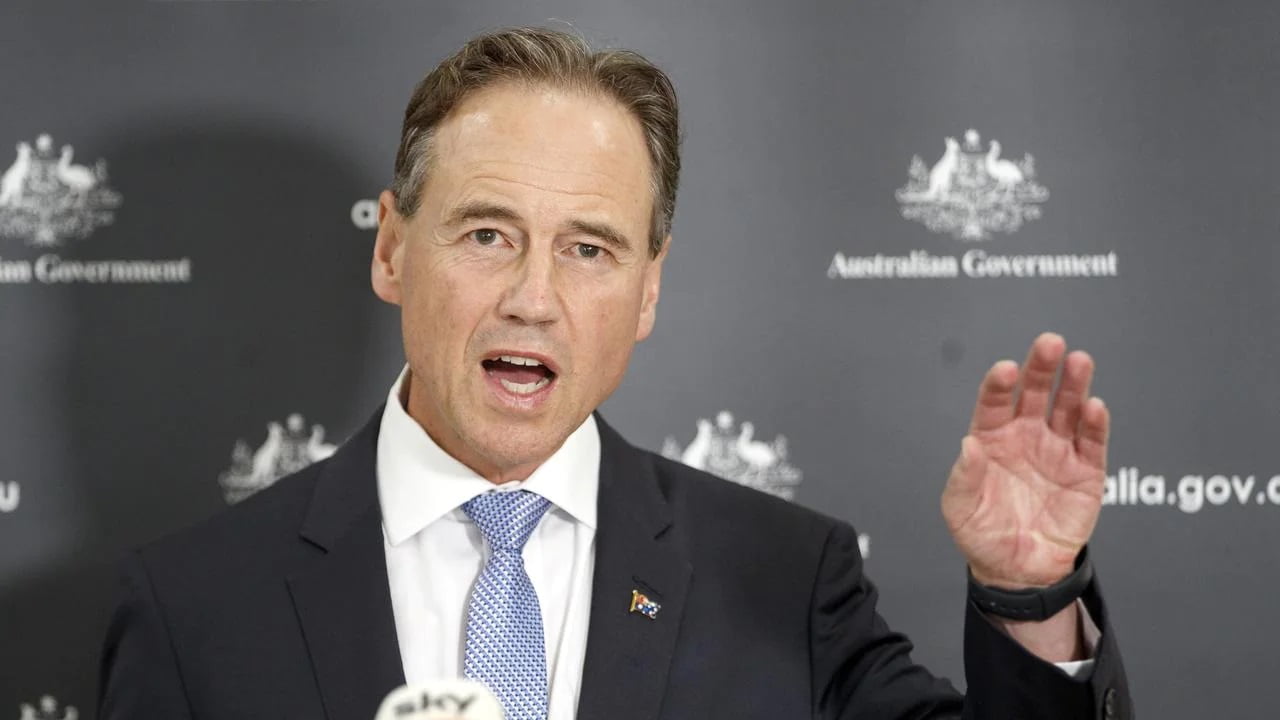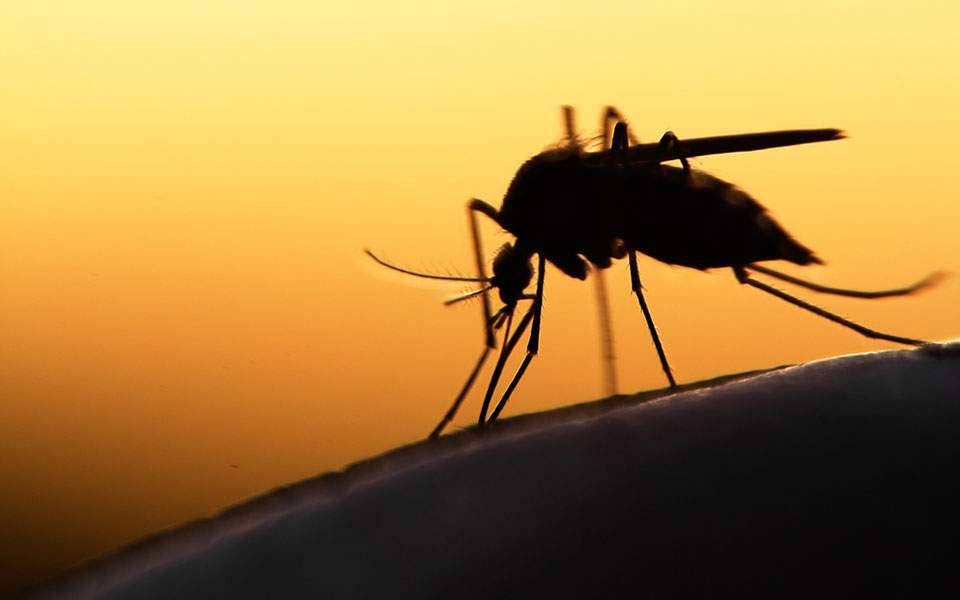Greg Hunt backtracks after comments about waiting for vaccine spark confusion

Health minister Greg Hunt has assured the president of the peak body for doctors that the government’s position on vaccination has not changed and that people eligible for their Covid-19 vaccine should not wait to get vaccinated.
It follows comments made by Hunt to the ABC on Thursday morning that for anyone uncertain about the AstraZeneca vaccine, there will be enough of Pfizer’s mRNA vaccine.
“Right now, we want to encourage everybody over 50 to be vaccinated as early as possible,” Hunt told ABC News Breakfast on Thursday. “But we’ve been very clear that, as supply increases later on in the year, there will be enough mRNA vaccines for every Australian.”
The comments sparked some confusion online, with some people who were hesitant about the AstraZeneca vaccine – due to concerns about rare and severe clotting – taking them to mean that it was OK to wait for Pfizer or Moderna vaccines.
The Australian Medical Association [AMA] president, Dr Omar Khorshid, said “a big positive campaign” promoting the vaccines, and especially AstraZeneca given its wide availability, had been lacking and that this was disappointing.
“I spoke to Greg Hunt and he has not changed his position,” Khorshid said. “The message is do not wait. It has always been the reality – and the prime minister said right from the start – that there will eventually be enough vaccine for everybody, and that we are not going to force anyone to get vaccinated or to have any one particular vaccine.”
“So in many ways Greg Hunt was just saying what we already know. However, he should also mention that those who refuse the AstraZeneca vaccine may now be at the bottom of the queue for Pfizer. Now, if you’re over the age of 70 and you decline AstraZeneca you may be waiting until the end of the year for an alternative.
“Is that a good public health outcome? It’s not, because there is a chance we’ll have a significant outbreak again here in Australia and, if we do, then it’s those people who are most vulnerable to the disease and who are unvaccinated [who] will be in trouble.”
There is also confusion about who can be vaccinated at the mass vaccination centres and which vaccines are available. There are reports of people not yet eligible under the phased rollout nonetheless turning up at mass vaccination centres in Victoria and receiving a vaccination because there is so much excess and staff are careful not to let any go to waste. Others are reporting they are being turned away if they are not yet eligible.
It comes as some mass vaccination hubs have reported plenty of availability of the AstraZeneca vaccine and that appointments are widely available, with a nurse at a major Melbourne clinic telling Guardian Australia that she administered as little as one dose of the vaccine in an eight hour shift. She said she was “fuming” that more Australians weren’t taking the opportunity to get the AstraZeneca vaccine.
Khorshid said there was a lack of urgency and a sense of complacency among some Australians towards vaccination due to Australia’s Covid-free status, but they needed to understand this would also have implications for international borders reopening. The Australian Medical Association this week called on the government to outline a clear plan for reopening and in doing so to strengthen the health system and hotel quarantine, and improve vaccination rates.
“As well as a strong public education campaign about vaccination, what is also missing is that clear understanding in every Australian’s mind of where this is going, where border policies are going, and what their risk of Covid is going forward,” Khorshid said.
Hunt’s comments came as the AMA issued a joint statement with the Council of Presidents of Medical Colleges on Thursday, calling for people to get vaccinated as soon as they are eligible, with the benefits of vaccination far outweighing any risks.
Both the AstraZeneca and Pfizer vaccine have similar efficacy – about 97% – in preventing severe disease and death. The joint statement reminded Australians the vaccination program had been extended to include all people aged 50 years and over. People in this age group are assessed as being at higher risk of severe Covid-19 and death.
“The Oxford-AstraZeneca vaccine is being used in 139 countries and the Pfizer-BioNTech vaccine in 90 countries. The evidence from the hundreds of millions of doses delivered in these countries is that both are protecting people from serious illness and hospitalisation and helping to stop the spread of Covid-19,” Khorshid said.
“There is no medical condition that increases your risk of this rare clotting disorder associated with the AstraZeneca vaccine, and we also haven’t communicated the message that this type of clotting is really rare. We have also become really good at recognising and treating this form of clotting.”
Dr Daryl Cheng, the medical lead of the Melbourne Vaccine Education Centre, said public education and advertising campaigns around the vaccine were tricky because there was different official advice for different age groups, and every individual needed to make a risk-benefit analysis alongside their doctor.
“I think generic messaging from government alone is not going to cut it in this kind of environment where people also have a lot of fatigue about the vaccine, and fatigue in trying to understand if they are eligible, if a certain vaccine is recommended for them or not, and whether or not it is available,” Cheng said.
“I think tackling some of that fatigue will also be a challenge going forward.”
Source: The Guardian




